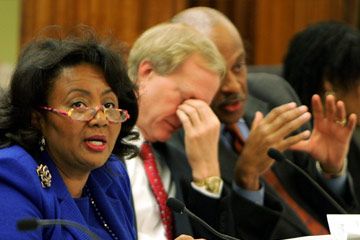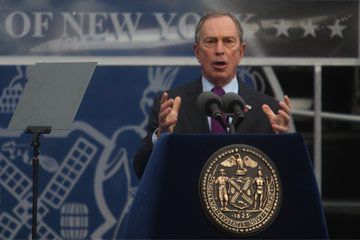For some critics, globalization brings to mind nightmare images of a world where a single, homogenized global culture sweeps the planet, crushing whole cultures in its path. They envision a world where major corporations and international organizations wield powers held formally only by nation states. Everyone wears the same shoes, eats the same food, listens to the same music and accepts the same mainstream values.
While most agree that the dangers of waking up to find yourself in a globalized zombie world are slim, globalization is a reality. The term refers to the phenomenon in which economies, cultures and governments from around the world appear to integrate toward one global system.
Advertisement
International travel and trade, the Internet and globally accessible media outlets continue to make the world a much smaller place. Major oil and communications companies boast greater bank holdings than many countries' gross national products and command global political influence. Yet the world is still a vast mosaic of traditions, societies, values and beliefs -- all the elements that make up local culture.
Conflict between cultures has defined much of human history -- from tribal turf wars and imperial conquests to clashes of religion and lifestyle. Where different values meet, confusion and unrest can follow. The same continues as powerful global companies move into local areas while local areas reach out for available technology, information and economic benefits.
This is where glocalization enters the picture -- it's an answer to the problems of globalization. Just as the word itself is a melding of "global" and "local," glocalization involves the managed meeting of the growing global arena with localized, everyday life. Glocalization's goal is to ensure a globalized world is a stable and integrated place, while also protecting the cultural heritage of local areas.
On the next page, we'll explore the business-world origins of the word, and some of the ways corporations glocalize their global product to match the local market.
Advertisement




